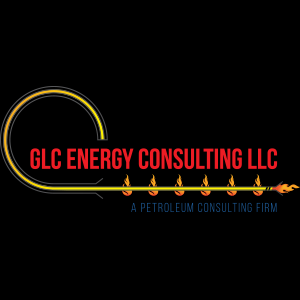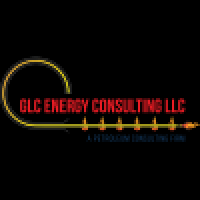“Nothing is more expensive than a missed opportunity” (H Jackson Brown Jr, American author). This rings especially true in the setting of Research & Development in the Petroleum Industry. We live in a technologically-driven world, and two major trends have been running the oil and gas industry. First, almost all “easy oil” has been extracted, driving the demand for more sophisticated technologies to recover. Secondly, high-profile oil spills place the petroleum industry under increased scrutiny when it comes to safety, environmental responsibility and human welfare. These social and economic currents are pushing the R&D development to develop innovative and improved solutions. It is not surprising then, that oil companies who have increased their R&D budget see an increase in stock value[1].
However, we are coming to understand that there is an operational disconnect between the engineers in the R&D labs and operators in the field, which are usually far removed from each other, and have no way to exchange insights and ideas. The operational pain points that emerge out of using new technology over and over often remain unaddressed, while field teams are spending time and money trying to fix common issues. In the end, the gains made through R&D are offset by the losses of operational inconsistencies.
As a consultant in the field, I’ve talked to a lot of operators over 33 years. Consultants are often the eyes and ears on the ground, and so represent a wealth of insight for R&D teams. Developing products by the field, for the field is rare – but I am making a case that it’s necessary. Our industry is increasingly challenged by global political landscapes, social attitudes, and safety issues – we must learn to respond quickly, efficiently and on-target. The solutions we are looking for are likely found within the massive combined experience of folks in the field – and ignoring their insights is a missed opportunity. The major problem is that during many operations, most companies are leaving a lot of oil in the ground, which leaves a lot of potential revenue lost. This is largely due to a lack of proper formation breakdown which is a direct result of product failure along with operational practices. Products that are developed without consultation with the practical operational know-how in the field, are likely to fail more. And while a small failure rate might be expensive, the costs of hitting pause on production to accommodate frequent failures add up quickly. It is estimated that there could be as much as $500,000 USD of potential revenue lost per stage if the formation is not properly broken down. In addition, there are tens of thousands of dollars for intervention costs that also align with these types of failures.
When it comes to new technology, there is a triad of the golden standard – cost, performance and quality control & management. The caveat – usually, you can only pick two. Large R&D machines embedded in big corporations carry tremendous overhead and the costs are usually impractical for mid-level players. However, something special happens when new technology is designed by operators for operators. And the timing couldn’t be better. When times were good many operators didn’t take much notice of product failures. The issues were always present, but there was usually room in the budget to keep it a small-line item that was always considered “part of the job.” Now, in 2020, when the world has been through so much, Covid-19 combined with a radical price drop in oil which decimated the oil and gas industry, operators are now on the hunt for solutions to get them back on track, and every dollar counts. We are part of this new mindset – our solutions will help operators produce more efficiently and at lower costs.
We’ve conducted a study that will demonstrate the value of the operational perspective and hands-on experience in technological R&D in the petroleum sector. We were able to achieve best-on-the-market results quickly and more cost-effectively than most in-house R&D labs (with all the expertise, and none of the overhead). While the details are yet to be released, I hope our work will inform future R&D projects, and that we will see more innovation that’s born in the field and developed for the field. Our story is a story of innovation that I hope will light the fire of a new R&D revolution.
[1] “SURVIVING THE WORST: IT’S TIME FOR OIL SERVICES TO ADDRESS SHORTCOMINGS AND FIND STRATEGIC SOLUTIONS,” BY VIREN DOSHI, JOHN CORRIGAN, SHAWN MAXSON, AND ADRIAN DEL MAESTRO, STRATEGY& WHITE PAPER, FEB. 2015, STRATEGYAND.PWC.COM/OFS; BLOOMBERG; UNIVERSITY OF MICHIGAN CENTER FOR LOCAL, STATE, AND URBAN POLICY.
BY – Gary L. Chipman




